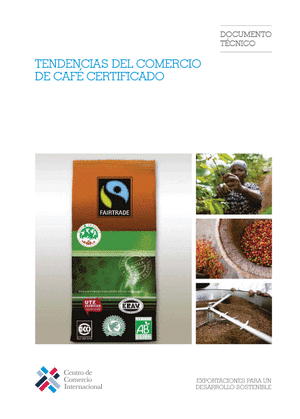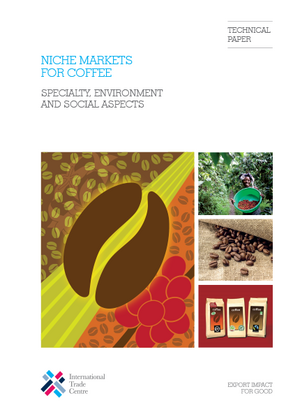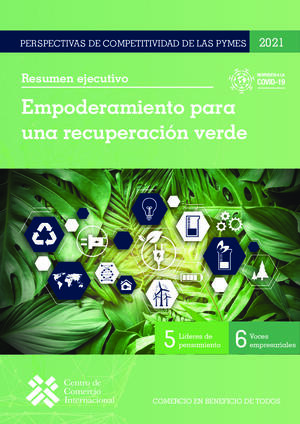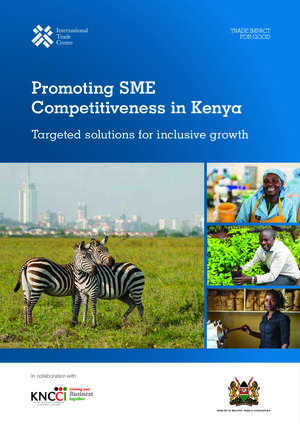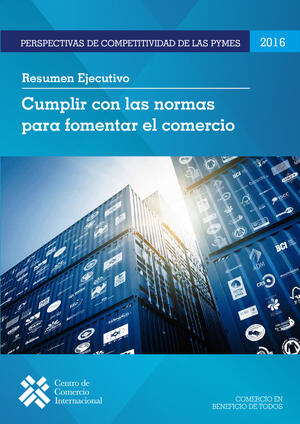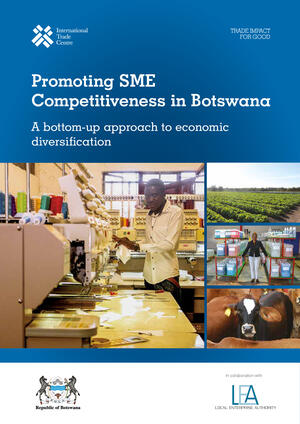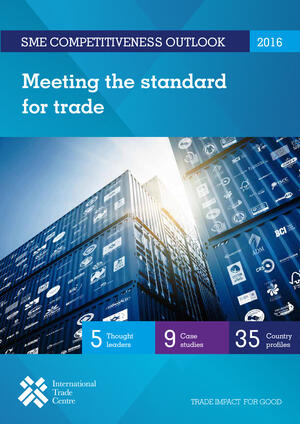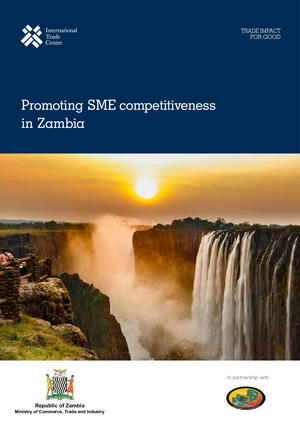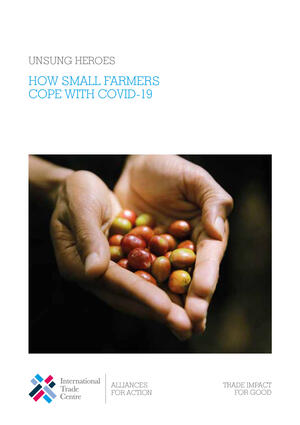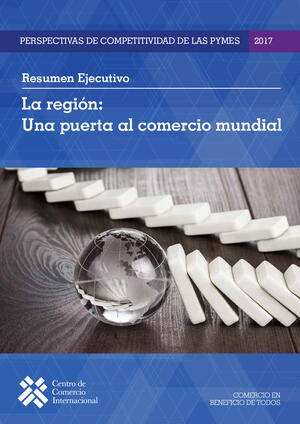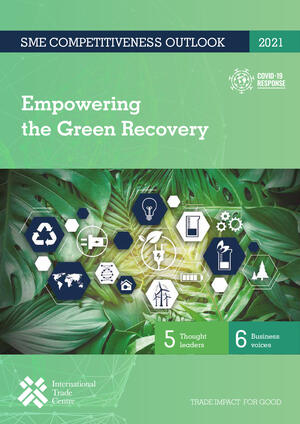Tendencias del comercio de café certificado
El café es el cultivo agrícola más importante del mundo en términos del volumen de su comercio; lo exportan 60 países y, de los principales productos básicos, es uno de los pocos que se cultivan en pequeñas explotaciones agrícolas. El informe presenta de forma resumida las tendencias del...




